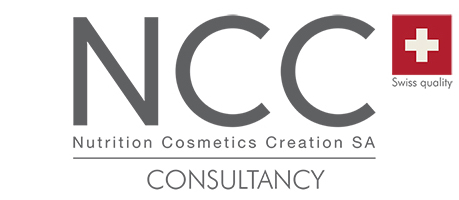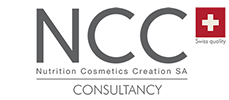Millions of people are affected by acne, and not only teenagers. Summer, which is conducive to sun exposure, does not leave the skin indifferent. Why does the sun make acne-prone skin more fragile? What are the right reflexes to adopt when developing your “anti-acne” product range?
Sun, a morale booster
Sun’s rays are known to improve our mood. Indeed, our body, in contact with the sun’s rays, will synthesise serotonin. It’s also called the happiness hormone.
It has even been proven that a lack of light can cause what is known as seasonal affective disorder (SAD), which is characterised by a depressive state. It may be that some people can see an improvement in their acne-prone skin due to the reduction in stress, a key factor in acne.
But is this a solution?

Does sun make acne worse?
At first, the skin may appear tanned, in better shape and with fewer blemishes. But unfortunately this only lasts for a short time.
What process?
- Prolonged and repeated skin exposure to the sun causes all skin (even oily skin) to dry out. Subsequently, it can lead to a hyper-production of sebum via the sebaceous glands which try to compensate for this dehydration.
- Excess of sebum will be added to a keratinisation of the skin, i.e. a hardening of the skin cells preventing the sebum from being eliminated naturally. It will thus be blocked under the skin, and will form blackheads.
- Furthermore, heat, which increases the production of sweat. It provides an environment in which P. acnes, the bacteria associated with acne, can multiply and spread.
What other damage?
Acne sufferers are very likely to have acne scars that turn brown or red in the sun. This is called hyperpigmentation.
Sun can also trigger a particular type of acne called summer acne (or more commonly Majorcan acne). It occurs when UVA rays combine with chemicals in some sunscreen products. That triggers an allergic reaction. Summer acne mainly affects women between the ages of 25 and 40, many of whom have a history of acne from puberty.
Finally, sun also poses other risks to all skin types, not just acne-prone skin. These include sunburn, allergies (e.g. polymorphic sun rash). Or premature ageing leading to wrinkles and fine lines.
Acne and sun: which protection to choose?
Using a sun cream every morning is essential for all skin types and especially for acne-prone skin. However, not all creams are suitable for this type of skin.
Favour specific or mineral sun creams with a high protection factor. Also favour the least amount of comedogenic ingredients so as not to clog the pores and worsen the skin’s condition. You will thus avoid hyperpigmentation of the skin.
Click here to read our article on mineral sunscreens by clicking here
Another point on which you must remain vigilant: sun protection must be compatible with your possible pharmacological treatment (epidermal treatment, medication) against acne. Indeed, certain active ingredients contained in certain therapeutic treatments, such as benzoyl peroxide, tretinoin, adapalene and azelaic acid, can increase the skin’s sensitivity to UVA and UVB rays.
Acne and the sun: skin care & food supplement options?
Another way to help your skin react well to the sun’s rays is to use supplements that are adapted to your needs. NCC offers the development of adapted products, such as complexes based on Zinc, hyaluronic acid and other related active ingredients. Read our article on hyaluronic acid by clicking here
As far as skin care for acne-prone skin is concerned, it is essential to choose very light textures, such as gels, lotions or serums enriched with moisturising, soothing and regenerating active ingredients.
Do you want to develop new white label products? Discover our free In&Out product catalogue!



